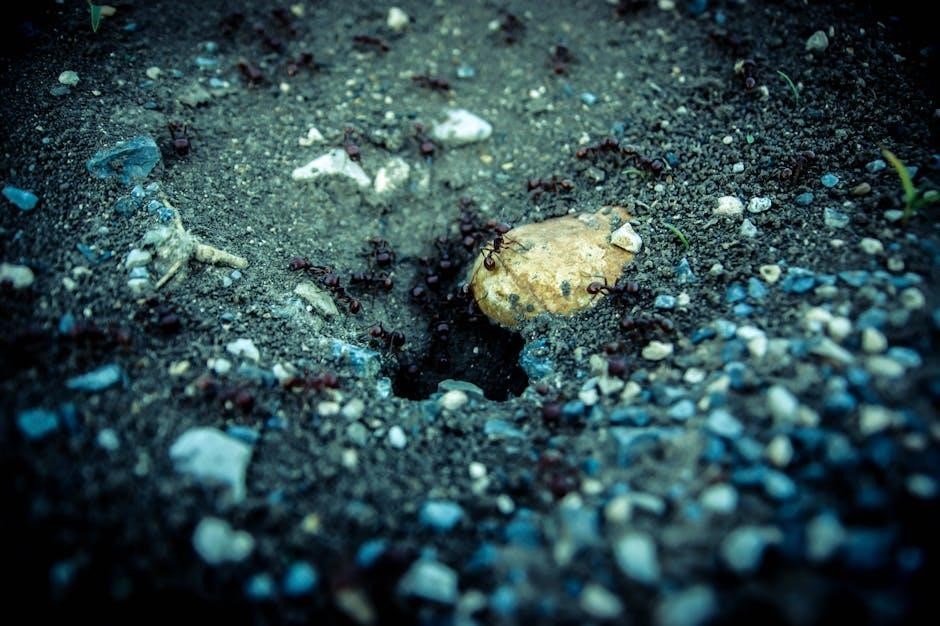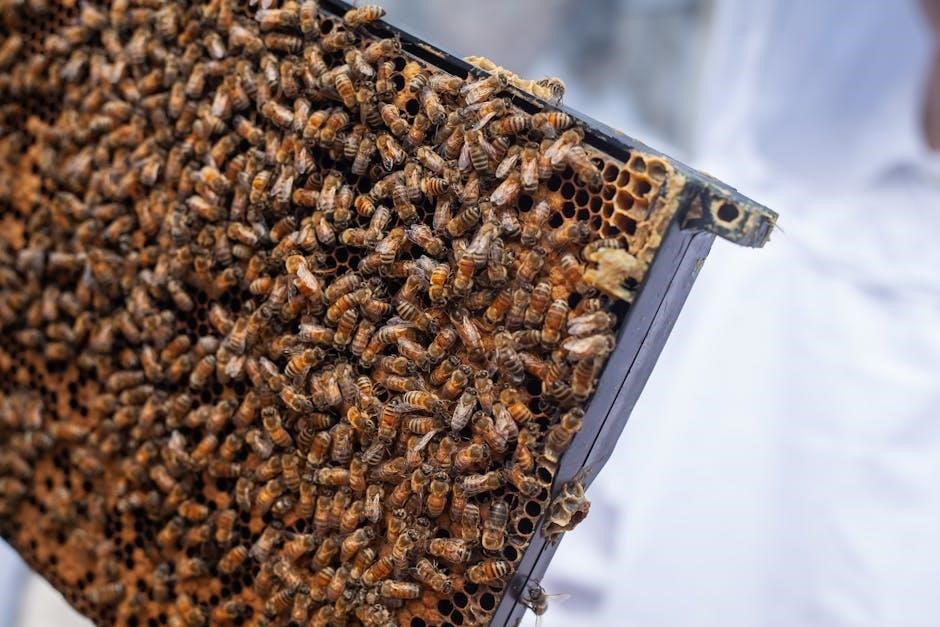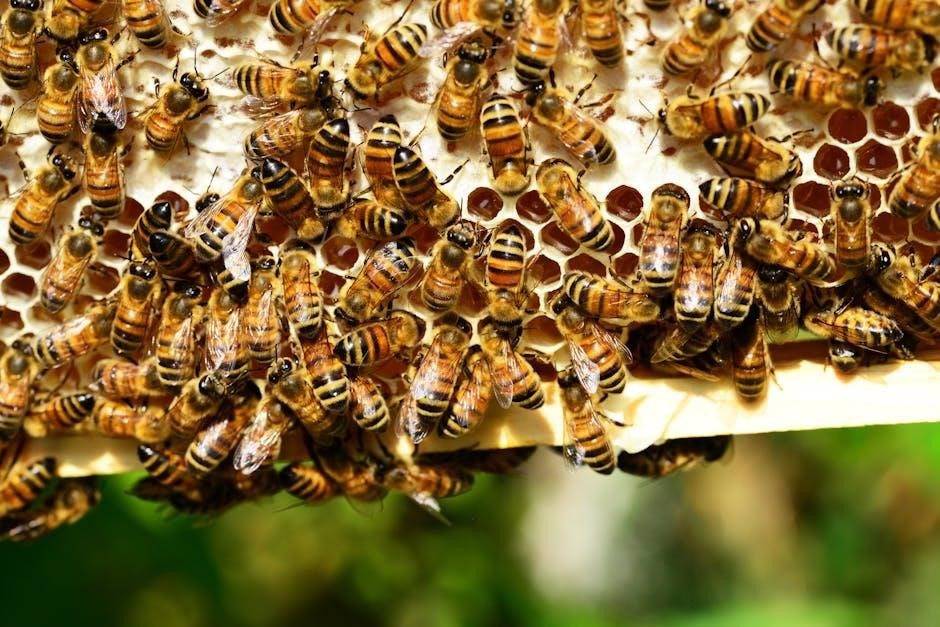John Doane of Plymouth Colony
John Doane was a significant figure in early Plymouth Colony. He arrived sometime between 1628 and 1632. He became a leader within the colony. He contributed in various important roles. His presence shaped the colony’s development. Doane’s legacy continues through descendants and historical records. He remains notable in colonial American history.
Early Life and Arrival in Plymouth Colony

The specifics surrounding John Doane’s early life in England remain somewhat obscure‚ with detailed records proving elusive to researchers. The Doane Family Association has conducted extensive investigations into his origins‚ yet definitive answers regarding his birth and upbringing are still lacking as of 2015. Despite the absence of concrete details about his life before emigration‚ it is known that he journeyed to Plymouth Colony sometime between 1628 and 1632.
His arrival marked the beginning of his prominent role in the colony’s development. He arrived on an unknown ship. He quickly integrated himself into the community. It is assumed he sought religious freedom. It is also assumed he sought economic opportunities. He sought a new life in the New World. The exact circumstances of his voyage and initial experiences in Plymouth are not fully documented‚ however.
Nevertheless‚ his subsequent contributions to the colony indicate a man of strong character and capable leadership. His presence added to the growing number of individuals contributing to the colony’s establishment. These individuals were determined to build a new society. This society was based on their values and beliefs. His early experiences in Plymouth likely shaped his commitment to the colony’s success.

Estimated Arrival Date: 1628-1632
The precise year of John Doane’s arrival in Plymouth Colony is not definitively known‚ but historical records suggest it occurred sometime between 1628 and 1632. This estimation is based on various documents and references that place him within the colony during that period. While no specific ship manifest or passenger list confirms the exact date‚ researchers have pieced together evidence from colony records to narrow down the timeframe.
The absence of a precise arrival date does not diminish the significance of his presence in Plymouth. His activities and contributions within the colony are well-documented from the early 1630s onward. This suggests he was already an established member of the community by that time; The estimated arrival window of 1628-1632 provides a reasonable timeframe for his initial integration into Plymouth.
Further research and the discovery of new historical documents may one day pinpoint the exact year of his arrival. For now‚ the 1628-1632 range serves as the accepted estimate. This estimate allows historians to place his activities within the broader context of Plymouth Colony’s early development. It also helps contextualize his role as a leader and influential figure in the community.

Role as a Leader in Plymouth Colony

John Doane emerged as a prominent leader within Plymouth Colony. His contributions spanned various aspects of colonial life. He consistently demonstrated commitment to the community’s well-being. Doane’s leadership was evident through his involvement in key positions and committees. He actively participated in shaping the colony’s policies and governance. He was respected for his judgment and dedication to public service.
His leadership qualities were recognized by his peers. He earned the trust of the colonists. He played a vital role in maintaining order and stability within Plymouth. Doane’s influence extended beyond official appointments. He served as a trusted advisor and mediator in community affairs. His presence provided guidance during challenging times. He helped steer the colony through periods of growth and transformation.
Doane’s leadership was essential to the success of Plymouth Colony. He helped establish the foundations for a thriving and self-governing community. He left a lasting impact on the colony’s development. His example of civic engagement continues to inspire future generations. He is a testament to the importance of dedicated leadership in shaping a community’s destiny.
Assistant to the Governor
John Doane held the esteemed position of Assistant to the Governor in Plymouth Colony. This role highlighted the trust and confidence placed in him by the colonial leadership. As Assistant‚ he worked closely with the Governor to manage the colony’s affairs. He provided counsel on important decisions. He helped execute policies and initiatives designed to benefit the community. He was a vital link between the Governor and the colonists.
Doane’s responsibilities included assisting with administrative tasks. He helped oversee legal matters. He worked to ensure the smooth operation of the colonial government. His understanding of the colony’s needs made him an invaluable advisor. His insights helped the Governor make informed decisions. He played a key role in maintaining stability and order within Plymouth.
His service as Assistant reflected his dedication to public service. He demonstrated his commitment to the colony’s well-being. Doane’s contributions helped to shape the governance of Plymouth Colony; He reinforced its foundations. He left a lasting mark on the colony’s history. His work exemplified the importance of capable and dedicated individuals in leadership roles.
Member of the Committee to Revise Laws
John Doane served as a member of the Committee to Revise Laws in Plymouth Colony. His appointment to this committee demonstrated his legal acumen. It showed his commitment to ensuring fair and just governance. The revision of laws was a crucial undertaking. It aimed to adapt existing regulations to the colony’s evolving needs. It was intended to reflect the values and principles of the community.
As a committee member‚ Doane participated in the careful review of Plymouth’s legal framework. He contributed his insights and expertise to the discussions. He helped identify areas where changes were needed. He worked alongside his colleagues to draft revisions that would improve the clarity and effectiveness of the laws.
His involvement in this process reflected his dedication to upholding justice. He was committed to promoting a legal system that was equitable for all colonists. Doane’s contributions helped to shape the legal landscape of Plymouth Colony. He ensured that it was aligned with the colony’s aspirations. His work ensured the laws reflected its moral and ethical standards. His role underscored the importance of thoughtful legal reform in establishing a stable and prosperous society.

Deacon in the Plymouth Church
John Doane held the esteemed position of Deacon in the Plymouth Church. This appointment signified the high regard. The Plymouth colonists held for his piety and leadership. Serving as a deacon was a significant responsibility. It involved assisting the pastor. It meant overseeing the spiritual and practical needs of the congregation. Deacons were chosen for their strong faith‚ moral character‚ and dedication to serving others.
As a deacon‚ John Doane played a vital role in the church community. He provided guidance and support to fellow members. He helped to administer sacraments and organize religious services. He was involved in charitable activities. He ensured that the church provided assistance to those in need.
His service as a deacon demonstrated his commitment to his faith. It reflected his desire to contribute to the spiritual well-being of the colony. Doane’s appointment to this position highlights the close relationship between religious and civic life in Plymouth Colony. It underscores the importance of faith in shaping the community’s values and identity. His dedication as a deacon exemplified his unwavering commitment to serving both God and his fellow colonists. This cemented his legacy as a pillar of the Plymouth Church.

Family Life of John Doane

John Doane’s family life was an integral part of his identity and contribution to Plymouth Colony. He married Ann around 1625 in England. Together‚ they built a family that played a role in the colony’s growth. They had at least three sons and two daughters. Their children contributed to the colony through their own families and civic participation. Raising a family in the challenging environment of Plymouth Colony required resilience and dedication. The Doanes‚ like other families‚ worked to establish a stable home and future for their children.
Family life in the colony was centered around faith‚ community‚ and hard work. John Doane’s role as a father undoubtedly influenced his commitment to the colony’s well-being. He would have sought to create a secure and prosperous environment for his children to thrive. The values he instilled in his family likely mirrored those he upheld in his public life. These included integrity‚ service‚ and devotion to God.
His family contributed to the social fabric of Plymouth Colony. They created lasting connections with other families. His descendants further shaped the region’s history. They continued to embody the values of their patriarch. His family life was intertwined with his public life. It exemplified the interconnectedness of personal and communal well-being in the early colony.
Marriage to Ann

John Doane’s marriage to Ann was a cornerstone of his personal life and played a significant role in shaping his experiences in Plymouth Colony. They married around 1625 in England. Their union predated their arrival in the New World. Their shared journey to Plymouth Colony suggests a strong bond. It shows a commitment to building a new life together; Marriage in the 17th century was more than a personal union. It was a social and economic partnership. Families were foundational to the structure of colonial society.
Ann’s role as John’s wife would have been vital in establishing their home and raising their children. She likely managed the household‚ cared for the family’s needs‚ and contributed to their economic stability. While historical records provide limited direct information about Ann. We can infer her importance through the context of colonial life. Women played essential‚ albeit often unacknowledged‚ roles in the success of their families and communities.
Their marriage created a family that contributed to Plymouth Colony’s growth. They provided descendants who further shaped the region’s history. Their relationship provided John with a source of support and companionship. It empowered him to pursue his various roles and responsibilities within the colony. Their marriage exemplified the importance of family. It highlighted its role in building a strong and resilient community in early colonial America.
Settling in Eastham
Around 1645‚ John Doane made the significant move to Eastham‚ further solidifying his place in Plymouth Colony’s history. This relocation marked a new chapter in his life. It reflected the expanding settlements and evolving dynamics within the colony. Eastham‚ being one of the early settlements on Cape Cod‚ presented both opportunities and challenges for its inhabitants.
The decision to settle in Eastham likely stemmed from a combination of factors. These might include the availability of land‚ the desire for new opportunities‚ or perhaps a sense of community among those migrating to the area. Establishing a home in a new settlement required resilience‚ resourcefulness‚ and a strong sense of community. Doane’s leadership qualities would have been invaluable in helping to build and organize the fledgling community.
In Eastham‚ John Doane continued to be a prominent figure. He likely participated in local governance‚ contributed to the church‚ and helped shape the social fabric of the town. His experiences in Plymouth would have provided him with valuable insights and skills. These helped him navigate the challenges of establishing a new community. Settling in Eastham demonstrated his commitment to the growth and development of Plymouth Colony.
The Doane Family Association Research
The Doane Family Association has dedicated significant effort to researching John Doane’s origins and life in Plymouth Colony. Their extensive investigations aimed to uncover details about his ancestry and his contributions to the colony. Despite their efforts‚ the exact origins of John Doane remain a mystery‚ with no definitive link to a specific family or location in England established as of 2015.
The Association’s research involved examining numerous historical records. They scrutinized Plymouth Colony documents‚ genealogical databases‚ and other relevant sources. Their goal was to piece together a comprehensive picture of John Doane’s life. While his precise origins remain elusive‚ the Association has compiled valuable information about his activities in Plymouth. This information offers insights into his role as a leader‚ deacon‚ and community member.
The Doane Family Association’s work highlights the challenges of tracing ancestry in colonial America. Records are often incomplete or fragmented. Despite these difficulties‚ their dedication has preserved the legacy of John Doane. They ensure that future generations can learn about his contributions to the founding of Plymouth Colony. Their ongoing research keeps the hope alive of someday uncovering the full story of his origins.

